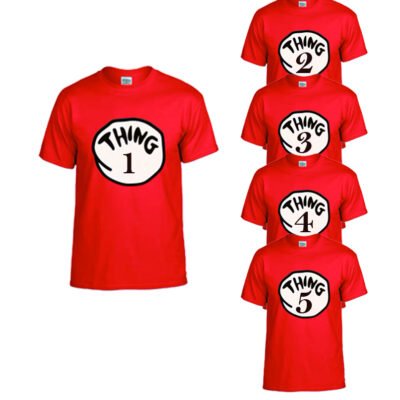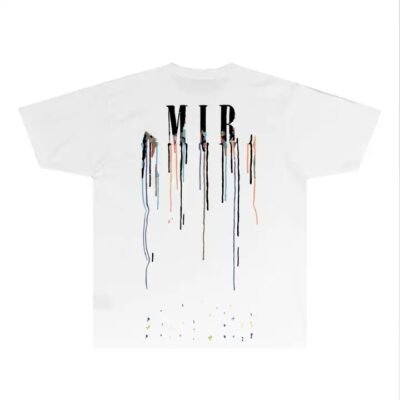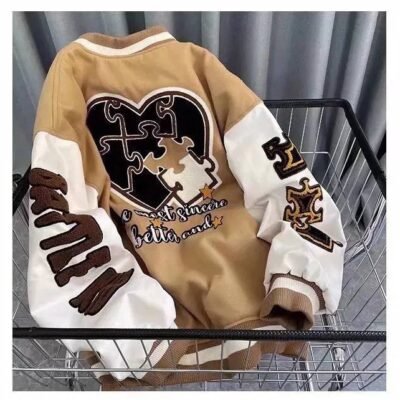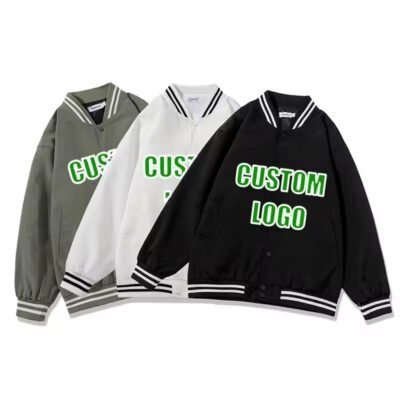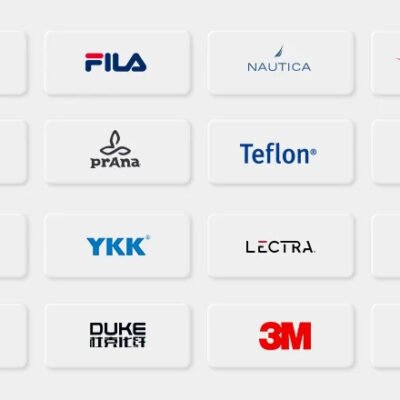When ordering bulk wholesale clothing, ensuring quality, price and timely delivery is crucial. This is especially true in industries such as promotional products and clothing, where companies often look for ways to improve while cutting costs.
In this article, we will explore the many advantages that clothing wholesale offers to a business like yours. We will focus on how it can improve efficiency and save money, especially in printing. Whether you’re an experienced professional or just starting out, we’ll do our best to provide helpful insights to get the most out of clothing in your printing business!
Learn About Bulk Wholesale Clothing
Bulk wholesale clothing is the sale of clothing in bulk, usually in the form of a whole lot of goods to retailers or other wholesalers. This means that clothing is purchased at lower prices and in larger quantities. (Imagine buying more than 100 pieces at a time). Some of our customers even buy 2000 pieces at a time!) These large deals allow businesses to benefit from lower unit costs, making it an attractive option for those looking to stock up on inventory or fulfill large orders. Simply put, the more you buy, the lower the price and the more you save.
What Clothing Do Bulk Wholesale Stores Generally Have?
Bulk wholesale clothing covers a wide range of clothing categories, including but not limited to:
- T-shirts and blouses: T-shirts and blouses in a variety of styles, colors and sizes for men, women and children.
- Sports wear: Sports T-shirts, sweatpants, sports coats, etc., suitable for various sports and fitness activities.
- Casual clothing: casual pants, casual coats, dresses, etc., suitable for daily casual wear.
- Winter clothing: down jackets, wool coats, sweaters, etc., suitable for cold season wear.
- Work clothes: work clothes for various professions, such as tooling, uniforms, etc.
- These are just a few common examples, in fact wholesale stores may offer a much wider variety of clothing
Exploring current bulk wholesale Clothing trends and demand factors
Trends and demand in the bulk wholesale Clothing market are influenced by a variety of factors, here are some that may affect the market:
- Customization and personalization: With e-commerce and online print services (like ours!) The rise of the demand for mass purchases of custom clothing is growing. Both businesses and individuals are constantly looking for unique design and branding options, and as a result, the bulk wholesale clothing market is likely to see an increase in the demand for customization and the need to provide associated customization services.
- Sustainable fashion: With increasing consumer demand for sustainability, bulk wholesale clothing made from eco-friendly materials is in high demand.
- Diverse demand: Consumer demand for clothing is diverse, including different styles, sizes, colors and materials. The bulk wholesale clothing market needs to provide a variety of options to meet the needs of different consumers.
- Online shopping trend: With the development of e-commerce, more and more consumers choose to buy clothes online. The bulk wholesale clothing market needs to adapt to this trend by offering online shopping options and guaranteeing product quality and service.
Overall, understanding market trends and consumer needs is crucial for businesses operating in the bulk wholesale clothing industry. Doing so allows you to adapt to changing preferences and helps you maintain a competitive edge in the marketplace.
The advantages of wholesale clothing are as follows
Cost Savings!
Bulk wholesale can often get lower prices, because the purchase volume is large, suppliers often offer discounts or preferential prices, by buying in bulk, businesses can spread fixed costs (such as shipping, etc.) over a large number of goods, thereby saving overall costs. This cost-effective approach allows businesses to allocate resources more efficiently and maximize their purchasing power
Time Savings
- Reduce purchasing time: Wholesale clothing usually combines multiple orders into a larger quantity, which can meet the large-scale supply needs of retailers or distributors, reduce the number of frequent orders, and improve efficiency.
- Inventory management: Wholesale clothing helps retailers better manage inventory and avoid overstocking or out-of-stock situations, while also helping to control inventory costs.
- Variety of choices: Wholesale clothing suppliers usually offer a variety of clothing styles, colors, sizes and designs, and consumers can choose the right products according to market needs and target customer groups.
Guarantee Quality
- Quality assurance: By buying in bulk from a reputable supplier or manufacturer, wholesale clothing in bulk can guarantee product quality. This practice ensures that each item meets quality standards and is consistent with the company’s brand image. Consistency in product quality increases customer satisfaction and fosters brand loyalty.
- Reliable Supply chain: Establishing a reliable supply chain is essential for businesses to meet customer demand and maintain operational efficiency. Bulk wholesale clothing suppliers usually have stable relationships with manufacturers and distributors to ensure a reliable supply of inventory. This reliability minimizes supply chain disruptions, enabling companies to focus on core business operations without procurement concerns.
Conclusion
In addition, the time-saving benefits of bulk clothing wholesale streamline the purchasing process and inventory management, enabling businesses like yours to operate better. Ensuring consistent product quality and a reliable supply chain further underpins the value proposition of bulk wholesale apparel, increasing customer satisfaction and loyalty, and achieving a win-win situation.
Overall, in the complex apparel market, understanding and leveraging the advantages of bulk wholesale apparel is critical to achieving operational excellence and long-term success. By purchasing in bulk and partnering with reputable suppliers, businesses can gain opportunities for growth, innovation and profitability in the ever-changing apparel industry.



